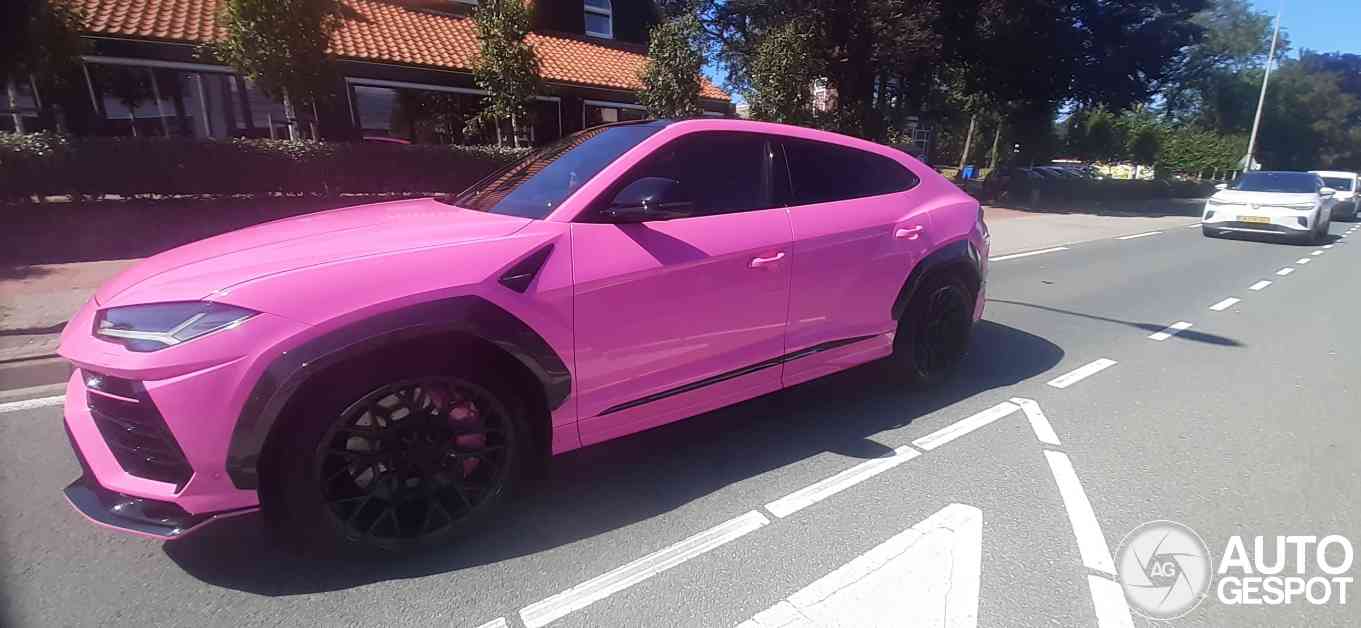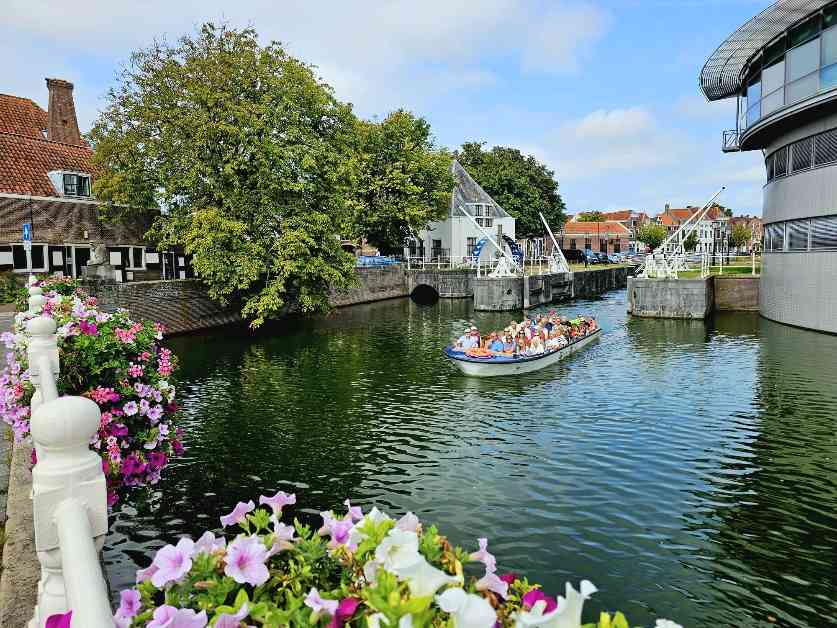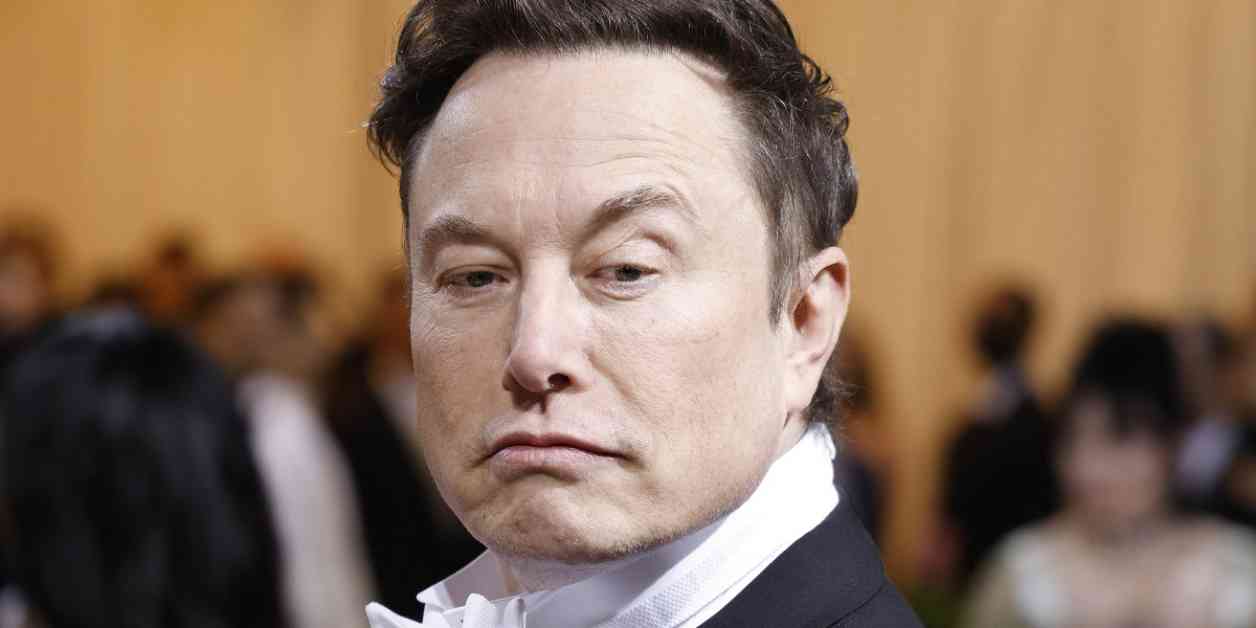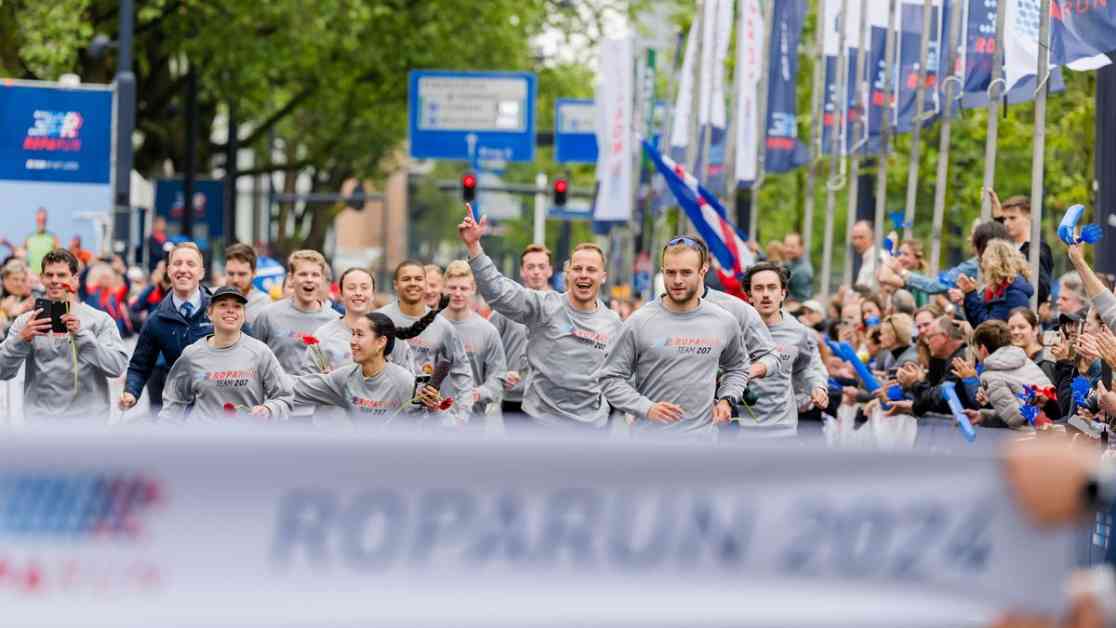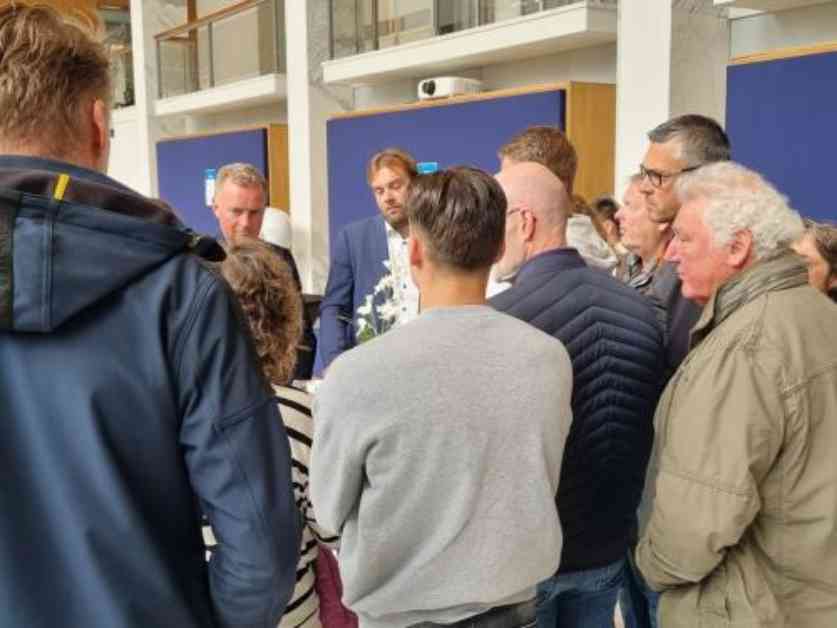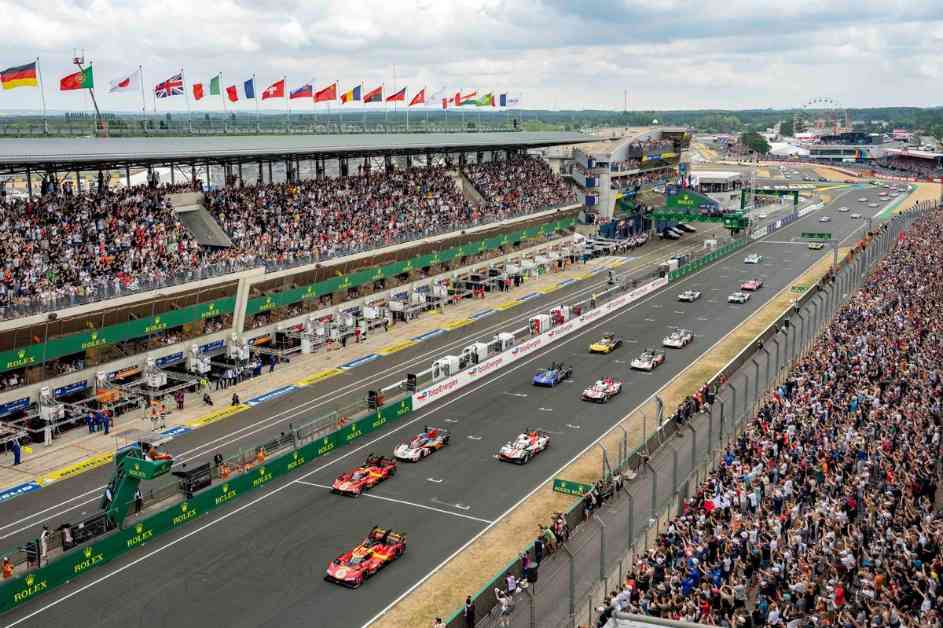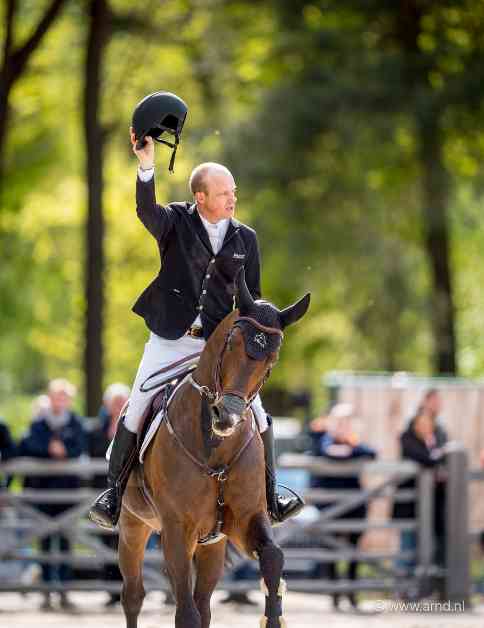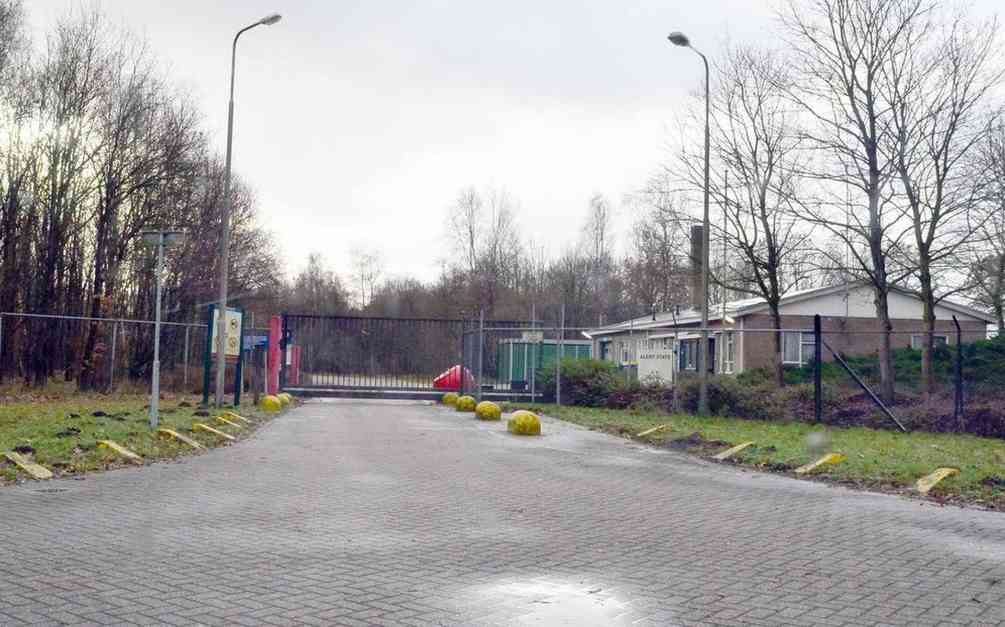Mango has been one of the great success stories of the Spanish company. Founded by Isak Andic in 1984, the company has not stopped growing until you reach the record sales three years ago. Traditionally focused on a public of young women and urban, to Handle him and it only took six years, from 2009 to 2015, to double its turnover, from 1.145 to 2.330 billion euros: quite profitable, the company only suffered a scare worthy of mention in 2011, when its profit fell by half, from 113 to 65 million. However, this way successful has been truncated in recent years. The company has spent two years with sales in decline. The 2.330 million of 2015 went to € 2,194 million last year, a fall of 6%. But, at the same time, the company has been steadily losing profitability. After reaching 121 million euros of net profit in 2013, this dropped to 4.6 million in 2015. Then enter in losses of 61 million in 2016 and 33 million in the past year.
These difficult times have coincided with a series of events unusual in the dome of the group. Despite the fact that Mango got his best results, in terms of growth, with the former general director, Enric casi, Andic we ceased from the charge at the beginning of 2016. The explanation is that just this year began to poke the losses, as a sign of the dysfunctions accumulated in previous years.
But, do not forget that the power loss of Almost coincided with the ascent of the son of the founder, Jonathan Andic, of 37 years. This, that he had been working at Mango since 2007, was appointed deputy chair in 2012 and vice-chairman and ceo the following year. “I think that being eliminated Almost because the son of Andic was pushing,” notes Felix Cuesta, professor of Marketing Fashion in ESIC. How was that a positive or negative decision? Txema Miron, consultant, Fashion Retail, thought it was a good idea: “Jonathan was the driving force behind the line of man and of the new megatiendas. In addition, he had a vision more fresh than that of her father.”
The company has two consecutive years with decreases in their turnover
it does Not seem, however, that the results of their management were to be expected. So it was as well that the founder, that it had been proposed to leave the company in the hands of his son and had been divested of day-to-day (while it was still in the presidency), he had come back to manage the problem. The recent appointment of a director general, Toni Ruiz, who was chief financial officer, the three years of the output of Almost, indicates that Andic son nor was he able to put a solution to the problems of the chain. Some of the experts consulted believe that what has happened in the last few years betrays a certain improvisation. “At Mango’s have always given me the impression of going behind what happens and not plan things out,” notes Hill, who also suggests that personalism in the management (the board of directors is not independent), with the shadow of Andic always present. “I have doubts that the new director general has the absolute power to make the right decisions,” he adds.
For its part, from the company explained that the loss of profitability due to the costs of the business transformation implementation the last few years. A change that has passed through the rearrangement of the network of stores —closure of small, local and opening of megastores— in which offer the increasing variety of products, apart from other measures. Commenting on this strategy, Daniel Lopez, vice president of Mango, notes that “since in 2012 we started the change of the network, we increase the surface area over 300,000 square meters, and the average size of the stores in a 54%”. All of which has entailed an investment Celtabet of over 600 million euros.
Collections
The lower profitability is attributed by the group to the cost of the digital transformation
The company has also changed its strategy for the collections and delivery to stores: replaced the four annual collections for soon fashion (collections continuous), and deliveries to the stores several times a month. This has forced it to boost its logistics platforms. “Mango has invested 300 million in one of the logistic centres of fashion largest in Europe, in Barcelona, able to serve as 75,000 articles of the time,” explains Lopez. A focused effort also to the new e-commerce strategy, which is working well. Online sales have grown by 6.7% in 2013 to 15.5% in 2017. “Despite the fact that in 2016,” continued the vice president, “Mango set to sell 20% in digital, we will reach that goal in the coming year”.
experts doubt that the investments are to blame for the losses. Attribute this circumstance to the decision of the own Andik lower prices. “They have clearly affected the margins”, points out Daniel Galvan, a director of GBS Finance, “and has not served to raise the billing.” What is more serious, he continues, is that “once low prices, you can’t re-upload them because you have become habituated to the client to a new situation.” Eduardo Ruiz, director of retail at IE University, believes that, with this decision, “the brand has lost part of its value to their customers.” Txama Myron writes, in addition, the company has not been able to rejuvenate the collections. “Once that part of the public is aging, and leaving you buy, you have to address a proposal for new waves, perhaps of the same type, but with other preferences”. In Mango reject these arguments. “We have carried out an improvement of the design and the quality of the collections, under the order of Justice Ruano, who came back to Handle two years ago and that means the recovery of DNA from Mango”, a change, they say, that “being very well valued by customers”.
The succession of the founder is not clear, and some experts refer to as very personalistic management
Another aspect which match the experts is that the firm lacks communication. “Have to bet to reinforce its brand image,” says Looker. Papo Kling, founder of the chain Kling, no doubt on the point that “Mango has never invested in its brand image”. Galván of GBS Finance, is of the opinion that the policy of increased rotation is not working as it should. “You realize a return for any Zara, and there are always new things. This does not happen in the shops in Mango,” he says. The company has not gone very well, in addition, in the international markets. The ratio of foreign sales was 83% in 2013, has fallen to 77% in the past year, which hinted that the company may have withdrawn from some markets.
In Mango, however, are optimistic “This year,” said the vice president, “we will introduce a rise in the gross operating income [ebitda], the third, which will allow a balance in the net result for the year”. All of this because in the group expect that the bill to try to make a comeback in 2018. In the sector it is believed, however, that, given the lack of succession of Andic, the family will have more remedy than to end up selling the company. “Wouldn’t rule out that possibility,” concludes Galván of GBS.




